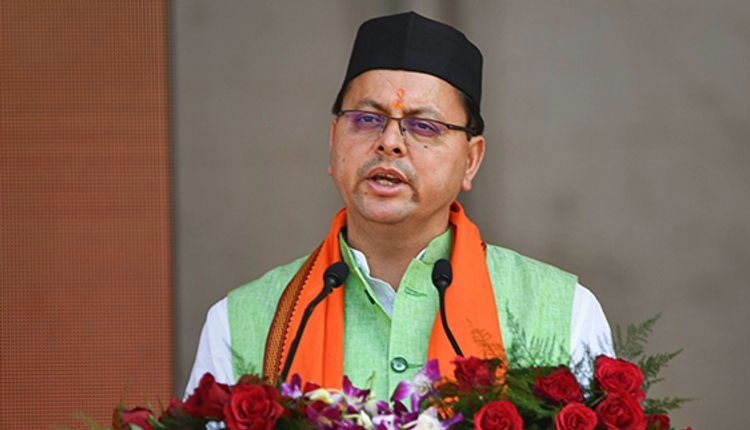New Delhi: The Supreme Court has issued a stern rebuke to Uttarakhand Chief Minister Pushkar Singh Dhami for his controversial appointment of a senior Indian Forest Service (IFS) officer, Rahul, as the director of Rajaji Tiger Reserve. The decision to appoint the officer was made despite objections from the state forest minister and other senior officials.
A bench comprising Justices BR Gavai, PK Mishra, and KV Viswanathan delivered a sharp reprimand, stating that heads of government cannot act like “kings of the old days” and that India is not living in a “feudal era.” The court emphasised the importance of the public trust principle, asserting that even a chief minister must exercise restraint and heed the advice of senior officials.
The state government, represented by Senior Advocate A N S Nadkarni, informed the court that the appointment order had been withdrawn on 3rd September. The court, however, was critical of the initial decision, questioning why the chief minister had gone against the recommendations of the deputy secretary, principal secretary, and state forest minister, all of whom had opposed the officer’s appointment.
“Just because he is the Chief Minister, can he do anything?” the bench remarked, while pointing out that the CM had seemingly ignored multiple warnings regarding the officer’s suitability for the role. The court further questioned why the chief minister appeared to have a special preference for the officer, noting that departmental proceedings were pending against him.
The officer in question, Rahul, had previously served as the director of Corbett Tiger Reserve, but his appointment to Rajaji Tiger Reserve was met with criticism from senior officials. The court observed that these objections were backed by senior state officials, yet the appointment was still made.
During the proceedings, Advocate Nadkarni defended the appointment, stating that the officer was being unfairly targeted. However, the court countered this argument, pointing out that if there were no issues with the officer, there would be no need for departmental action against him.
The case highlights ongoing tensions over the management of key positions in government departments, and the Supreme Court’s remarks underscore the importance of transparency and accountability in executive decisions.



Comments are closed.